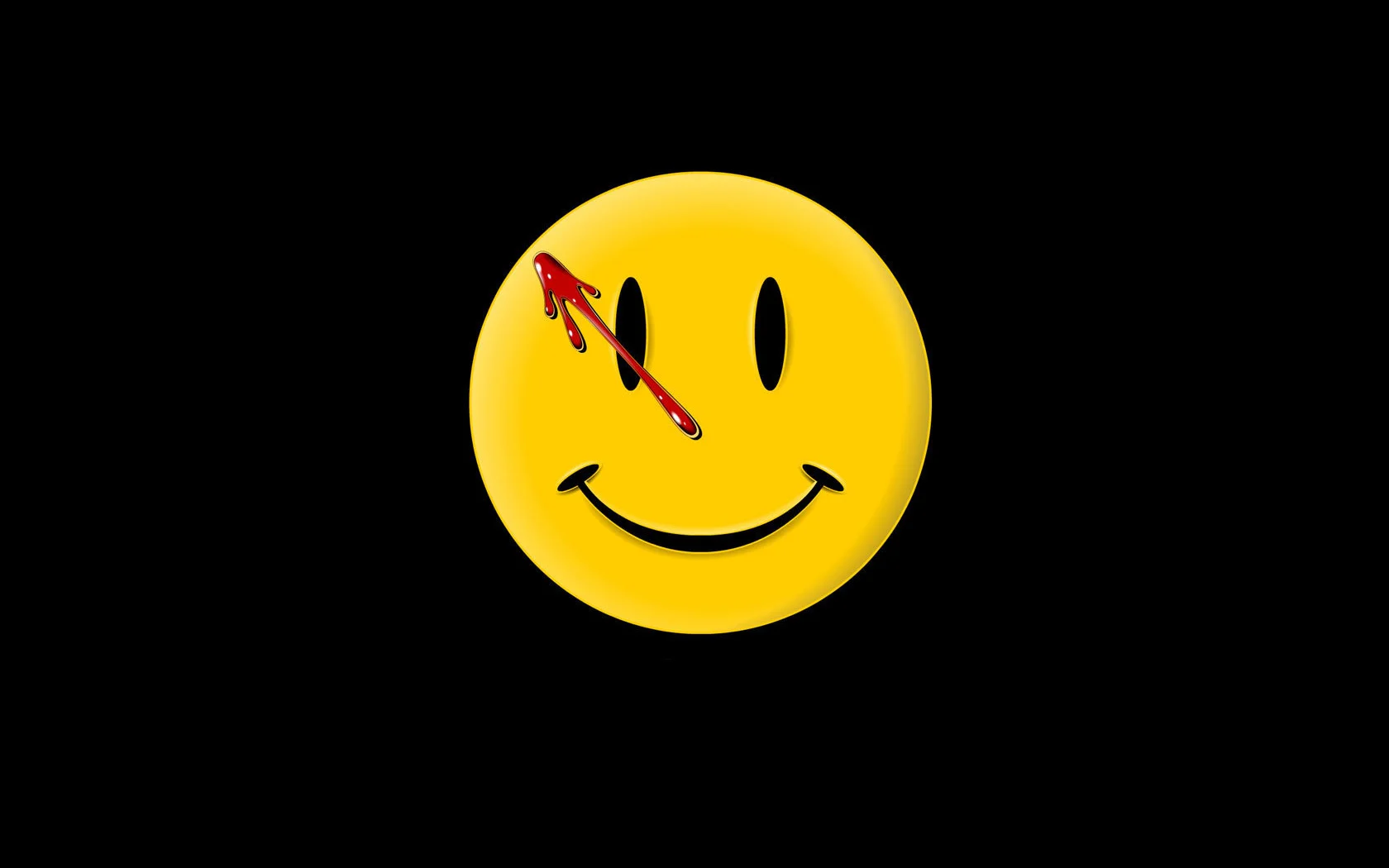Watchmen (2009)
Zach Snyder
Perhaps the biggest moment in my high school literary career was the moment when Rorschach, the anti-hero of Dave Gibbons and Alan Moore's Watchmen, was unmasked. The book occupies this odd space in my life, when Faulkner was just emerging, and not reading the next issue of Wolverine seemed like a big personal decision, like coming out of the closet or deciding not to attend your family's church. The divide between high and low culture made itself known to me, and then collapsed as Rorschach's mask was yanked off. What was left was not a superhero, but a pathetic, homeless man shrieking, "Give me back my face!" Moore and Gibbons saw the nostalgia built into hundreds of caped crusaders and hundreds of thousands of childhoods, and took it away from us. They said to us, "No. Your heroes are deranged."
Zack Snyder surely loves this feeling of loss. His adaptation of Watchmen is a careful homage to the source material, but it suffers from a fatal flaw. See, we comic book people are nostalgic almost by definition. It is so hard to stop reading Wolverine, regardless of its quality, simply because we have been reading Wolverine all of our lives. Why would you want to give up your escape, your fantasies, your childhood if you don't have to? Watchmen was maybe the first, and definitely one of the best, comic books to work against this nostalgia, but now, 24 years later, comic book people have over-idolized it in the same way we did to so many other superheroic gems.
This is why Zack Snyder inadvertantly captures the nostalgia for Watchmen rather than translating the tone of the book. This is also why the same comic book people who hoarily profess Watchmen to be the "Citizen Kane of comic books" will consider Snyder's attempt at replication an absolute blasphemy. Neither claim is true, nor does the movie accomplish much beyond excitement, loving as it may be.
I am glad that the film was made, and by such a reverent fan as Snyder, but I think he is a bit blinded by his own attempt at inclusion. Rather than adapt the book, Snyder tries to copy it as exactly as possible, both in quantity and quality, and this is not a good idea. The book is much too long to be a functioning movie (it should have been a 12 part HBO miniseries -- no joke), and Snyder's style leaves the characters looking like something between Dick Tracy and The Tick live action T.V. show. I've spoken in the past about the perils of trying to copy a comic book exactly to screen, and Snyder does nothing to avoid them.
Strangely, what gets lost in the fray are the largest of plot points. Out of all the problems this movie could have had, this was not one I expected. Sure, the tone is off and the necessary omissions from the movie make every scene seem lopsided, but the big moments in the story come and go with a nearly incoherent quality.
As I sat in the theater and watched Rorschach's face revealed, there were no startled gasps from the audience. There were no connections made, and there was no life changing moment for myself or anyone else. The entire gravity of the situation was somehow lost, and this trend continued through each subsequent moment of my high school literary career: Veidt's master plan, Dr. Manhattan's disassembly, Nite Owl's impotence, New York's fate, Rorschach's sadness, Veidt's intelligence -- all lost. I suppose I'll have to revisit the book, and my years past, to find it them again.
